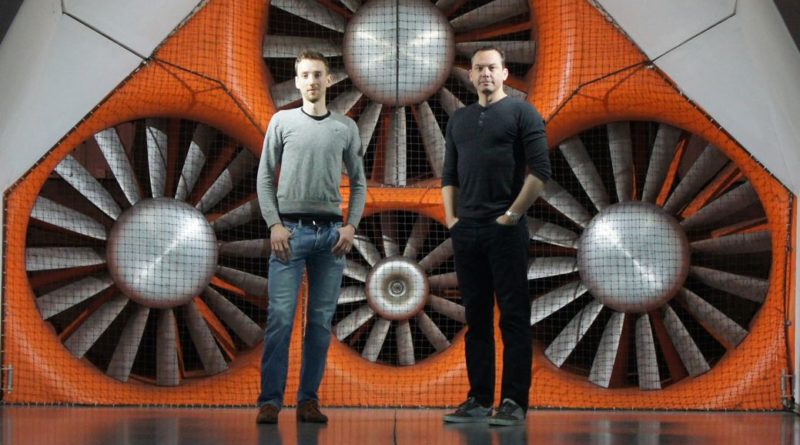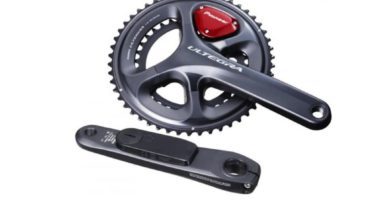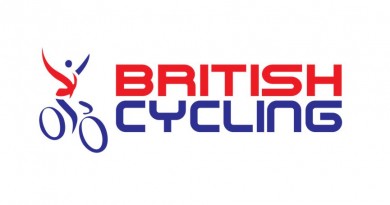The GibLi G10, aero testing for the masses?
Over the last few years there has been a steady flow of companies releasing aero testing products – or have been rumoured to be – aimed at (eventually) offering real-time detecting of a cyclist’s aerodynamic drag or ‘CdA’. The reason for which is simple: if you can improve your CdA, you can average faster speeds on a bike for less effort.
Currently the Notio Aerometer ($599 USD), and Velocomp’s AeroPod ($399 USD) are the only two sensors available for the consumer market. However, earlier this year VeloSense’s Ventos was spotted on the bikes of Jumbo Visma in the Tour de France; and Garmin have been rumoured to be entering the fray for some years now after they bought aero-testing company, Alphamantis, in 2007. Leaked reports of the “Garmin Vector Air” surfaced in 2019, however, a finished product is yet to materialise.
The reason these devices have remained a niche market product is likely due the fact it’s a difficult device to produce. Without a controlled lab or velodrome, a host of metrics are required for accurate measurement including air density and speed, rider power, wheel speed, slope, roll resistance – among others. Even with an accurate device, getting reliable data requires a person committed to testing and protocols (aka riding up and down the same stretch of road a number of times) and an understanding of what is and isn’t reliable data. On the open road gusts, traffic, rider movement, gradient changes or even magpie attack, will impact the data produced.
The GiBLi G10
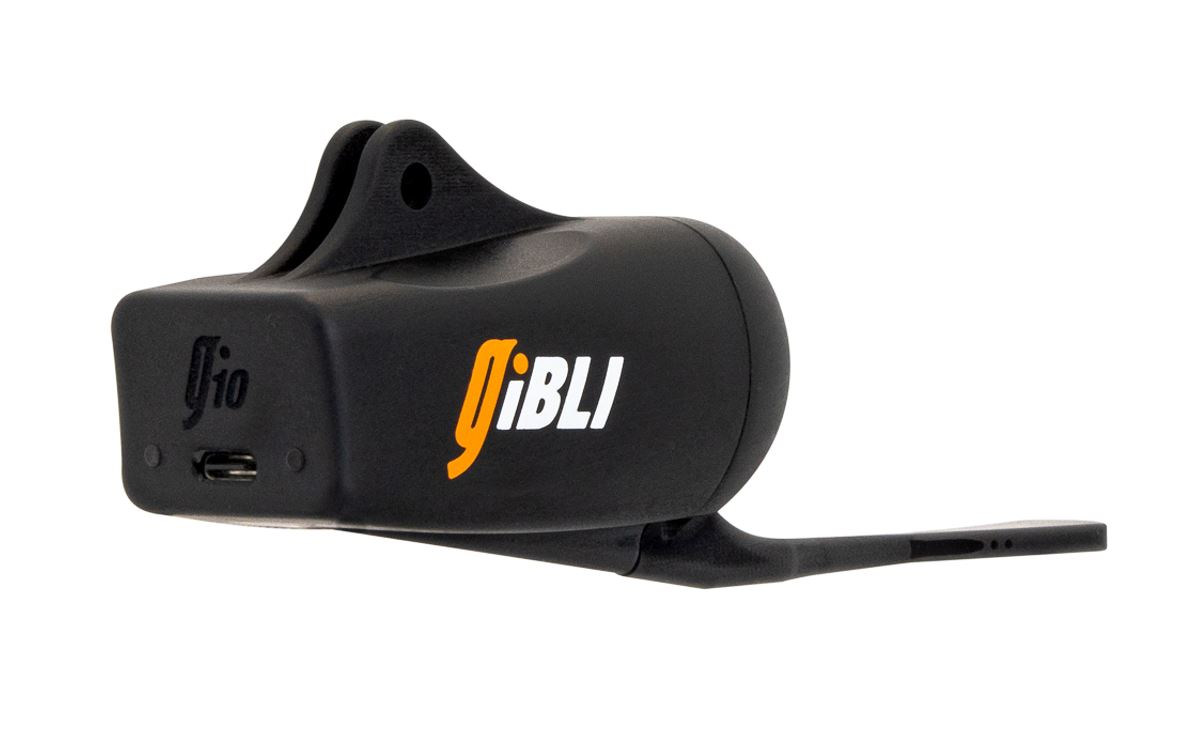 Enter, the GiBLI G10 aero testing device. The G10 sensor is a new aerodynamic sensor, currently on limited release and scheduled to officially be available in 2022.
Enter, the GiBLI G10 aero testing device. The G10 sensor is a new aerodynamic sensor, currently on limited release and scheduled to officially be available in 2022.
Awarded the 2021 EUROBIKE Start-Up Winner Award, GiBLI aims to bring more mass-market appeal with their iteration of an aerodynamic sensor, targeting the evolving aero-testing market in the cycling and triathlon space. We met with Mark Ernsting, co-founder of GiBLI to talk about the G10 sensor.
Mark has a long and varied career in the cycling industry. From Canada originally, Mark studied Exercise Physiology in Texas, USA, before becoming an Assistant Professor in West Virginia, where he helped to establish their scientific testing facility. Mark has represented Team Canada at various international road and track competitions notching up a few national championship titles along the way. He was also the , first Canadian to be a certified UCI Rider Agent, and former owner of a UCI Men’s Continental Team. Mark’s co-founder at GiBLI is Ben Bschaden – also a former elite cyclist – and brings the requisite Mechanical Engineering experience. Ben is an expert in ‘high tech micro sensor fabrication, product design, and additive manufacturing.’ GiBLI is based out of Halifax, NS. Canada.
Right off the bat, GiBLI is looking to set itself apart with clean looking packaging and carry case more akin to high end sunglasses. On the technical side Mark says they ‘re-imagined the pitot tube. It is no longer a true pitot tube; it’s a wind port’. For those not technically minded, the pitot tube is the long protruding stick that acts as a wind-speed sensor, traditionally used for determining air speed on planes. ‘We worked closely with the University of Edmonton using PIV (Particle Image Velocimetry) testing, along with extensive in house CFD and Wind Tunnel testing to come up with our proprietary and patent pending wind port, which gives more accurate wind pressure readings’. The G10 sensor crucially measures wind direction. ‘Without knowing wind direction, you can’t accurately measure CdA outside of a controlled environment’, says Mark. This is something that has proven a challenge for some of the other aero sensor companies.
Handily the proprietary ‘pitot tube’ design is detachable for cleaning and replacing in the event of a crash, or even upgrading in the future.
Other features include onboard GPS, accurate enough to negate the need for a speed sensor. A claimed battery life of 10 hours, long enough for even the longest of triathlons. It is light, at only 98 grams, smart wake-up, and importantly for a product aimed reducing aerodynamic drag ‘it doesn’t register in wind tunnel tests, so you can keep it on for a race without it impacting performance.’
The G10 in Practice
The G10 pairs with a handy looking iOS and Android compatible app, which we received a demo of. By all accounts the set up seems simple and using the app you can ensure the G10 sits level. Mark noted, ‘we designed the sensor and app to be consumer friendly.’ However, it does not yet communicate directly with a cycling specific head unit, though Mark said, this will become available, as well as the option to use onboard storage for post ride download.
Unlike other emerging aero testing rivals, the G10 sensor does not require ridged protocols for calibration. Once the rider profile has been entered and the sensor properly mounted on the bike, testing can begin immediately on any roads. Testing does not have to be out and back, it can be point to point, a loops, and up or down hills.
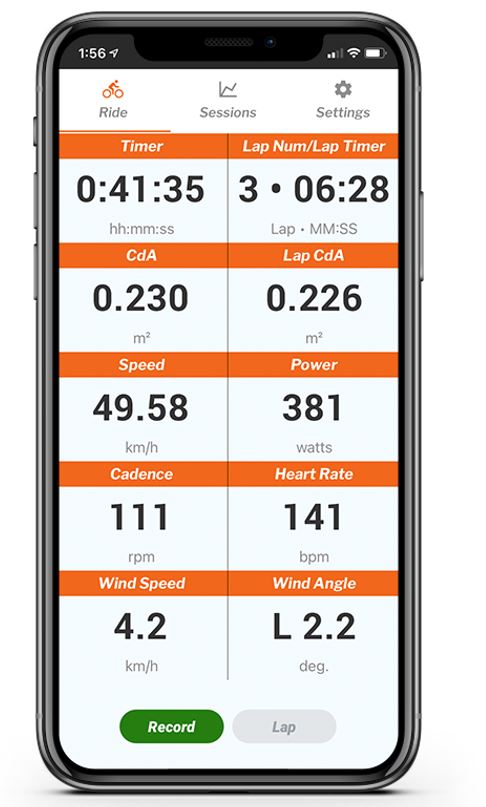
Working with local enthusiasts, Mark states, athletes have ‘typically been able to find around 12-16% in savings through changing out equipment or adjusting body position. Once the athletes see this they are immediately sold on the technology.’ Even more, experienced riders with a background in looking into their aerodynamics have been able to find 5% savings, Mark claims.
The Future of Aero Testing?
Looking to the future of the market. If the claims can be backed up, GiBLI looks to have produced an aero testing product that could sit well in the market. Though it is priced higher at $850 USD than the likes of Notio at $599, on paper it seems to be a well thought out product offer more. GiBLI has also recently announced a partnership with the Canadian Cycling Federation and Mark hinted during our interview at tie ups yet to be confirmed with some well-known teams and professional triathletes. Which if successful would lend credibility to the G10 sensor.
Like many product manufactures at the moment, GiBLI is facing production delays, but expect to have 1,000 units ready for sale in 2022. Available direct from GiBLI, currently there is no Europe distribution, but Mark tells us conversations are taking place for this and they are looking at options for shops with a time trial or triathlon focus to have access to the technology. Particularly, those with a bike fitting set up too. For anyone interested they can reach out to Mark by email here.
Related: How bike shops can monetise aero testing
